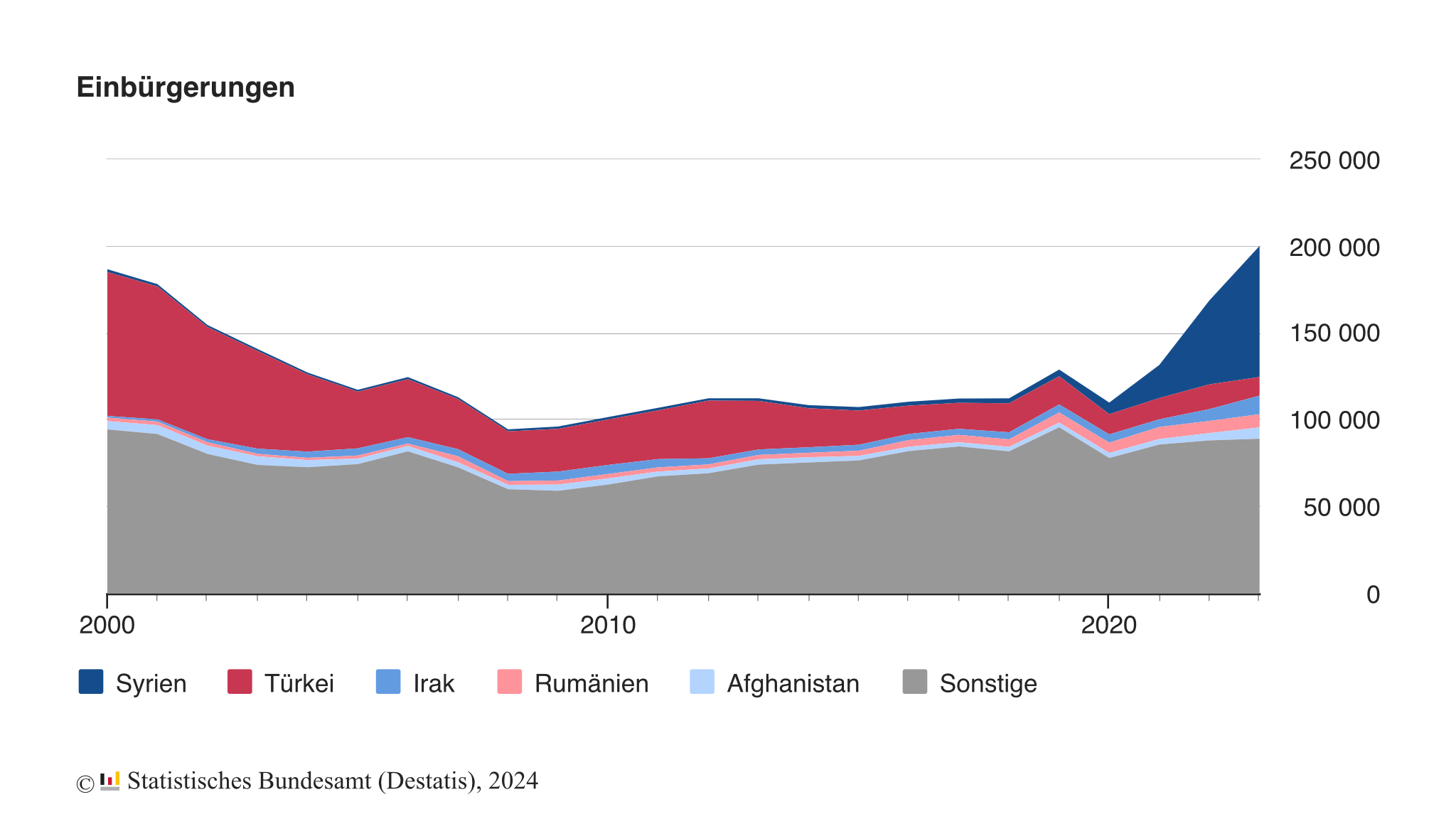
Taxes in Germany can feel overwhelming, especially if you’re an expat trying to make sense of your payslip or wondering how to keep more of your hard-earned money. With a progressive tax system, various tax classes, and mandatory social contributions, it’s no surprise that many newcomers have questions. In this blog post, we’ll break down the essentials of the German tax system in an engaging and professional way, covering everything from tax classes to tax returns. Whether you’re curious about deductions or want to maximize your net income, we’ve got you covered.
Why Does My Salary Shrink So Much After Deductions?
If you’ve ever stared at your payslip in disbelief, you’re not alone. In Germany, your net salary reflects deductions influenced by two key factors: your tax class and your taxable income. Tax classes determine how much income tax gets withheld each month, while your taxable income dictates your overall tax liability. Germany has six tax classes based on personal circumstances:
- Tax Class 1: Single or separated individuals.
- Tax Class 2: Single parents.
- Tax Class 3: Married individuals where one spouse earns significantly more (paired with Tax Class 5).
- Tax Class 4: Married couples with similar incomes.
- Tax Class 5: The counterpart to Tax Class 3 for the lower-earning spouse.
- Tax Class 6: People with multiple jobs.
As an expat, you’ll typically start in Tax Class 1 unless you notify the tax office about a change—like marriage or kids. For married couples, the default is often Tax Class 4, even if one spouse isn’t working. Getting your tax class right can boost your monthly take-home pay.
How Does Germany’s Progressive Tax System Work?
Germany’s progressive tax system ensures that higher earners pay a larger share, but it’s not as simple as one flat rate. Your income gets taxed in segments, with rates increasing as you earn more. For 2025, here’s the breakdown:
- 0%: Up to €12,084 (the tax-free allowance).
- 14%–24%: Income up to €14,350.
- 24%–42%: Income up to €68,430.
- 42%: Income up to €277,800.
- 45%: Income above €277,800.
Here’s the catch: you don’t pay 42% on your entire salary if you earn €68,430. Instead, only the portion above each threshold gets taxed at the higher rate, resulting in an average rate of about 26.46%. This tiered approach keeps things fair, and understanding it can ease the sting of deductions.
What’s Behind My Low Net Salary? Decoding Social Contributions
Even with a reasonable income tax rate, your net salary might still feel pinched thanks to social contributions. These mandatory payments fund Germany’s robust social security system, covering pensions, healthcare, and more. Here’s what you’re paying:
- Pension Insurance: 18.6% of gross income.
- Health Insurance: 14.6%, plus a 2.5% supplement (on average).
- Unemployment Insurance: 2.4%.
- Long-Term Care Insurance: 3.05%, with an extra 0.25% for childless individuals over 23.
These add up to roughly 40% of your gross income, but your employer splits the cost, so you effectively pay 20%. High earners catch a break—contributions cap at €62,550 for health and long-term care, and €96,600 for pension and unemployment insurance in 2025. Even if your income falls below the tax-free threshold, social contributions still apply (except for mini-jobs).
How Do Tax Classes Affect My Taxes and Contributions?
Tax classes influence your monthly income tax withholding, but they don’t alter your final tax bill or social contributions. Your end-of-year tax liability hinges on your total taxable income and the progressive rates, not your tax class. Consider these examples:
- Sieger, single in Tax Class 1, earns €50,000 and pays standard progressive rates.
- Sarab and Dian, married with Sarab in Tax Class 3 (€50,000) and Dian in Tax Class 5 (no income), benefit from income splitting. Their combined income gets halved for tax purposes, lowering their overall rate.
Social contributions, however, stay tied to your gross income, unaffected by tax class. This distinction matters for planning your finances.
How Can I Lower My Tax Bill with a Tax Return?
Filing a tax return in Germany opens the door to deductions that shrink your taxable income and might even score you a refund. You can claim expenses like:
- Work-Related Costs: Commuting, relocation, or job-specific equipment (e.g., laptops).
- Study-Related Expenses: Tuition, registration fees, or study materials for students.
Not required to file? You can still submit voluntarily for up to four years back (e.g., 2021–2024 in 2025). Deadlines vary—July 31 of the following year for self-filers, or later with a tax consultant. Missing a mandatory filing triggers fines starting at €25 monthly. On average, filers get €1,063 back, and students can claim a tax loss carry forward to offset future income.
What Practical Steps Can I Take to Master Taxes in Germany?
Navigating Germany’s tax system doesn’t have to be a chore. Try these tips:
- Check Your Tax Class: Confirm it matches your situation to avoid overpaying.
- Grasp Social Contributions: Recognize their role in your deductions and benefits.
- File a Tax Return: Claim deductions for a potential refund, even if it’s optional.
- Track Expenses: Keep receipts for anything deductible.
- Get Support: Use tools or experts to simplify the process.
With these strategies, you’ll feel confident managing your taxes. ETAINFI is ready to assist with personalized guidance and answers to your questions.
Check Out Below – How to fill your Tax Return in Germany with Zero Software cost!


